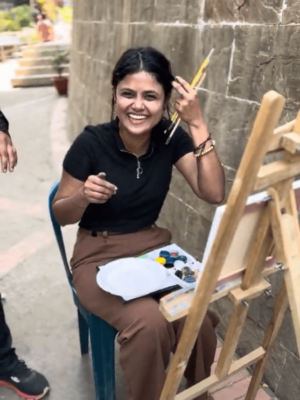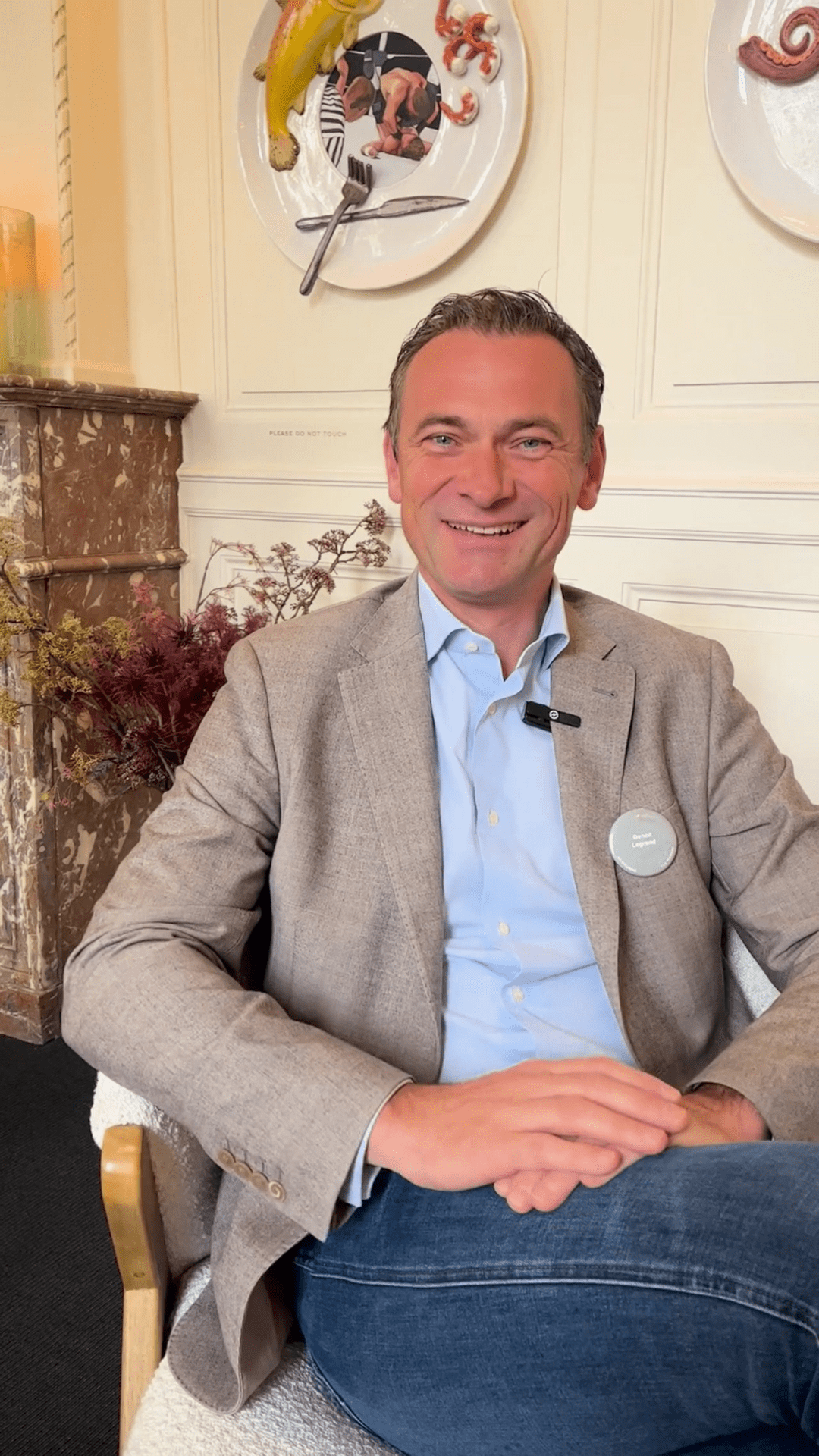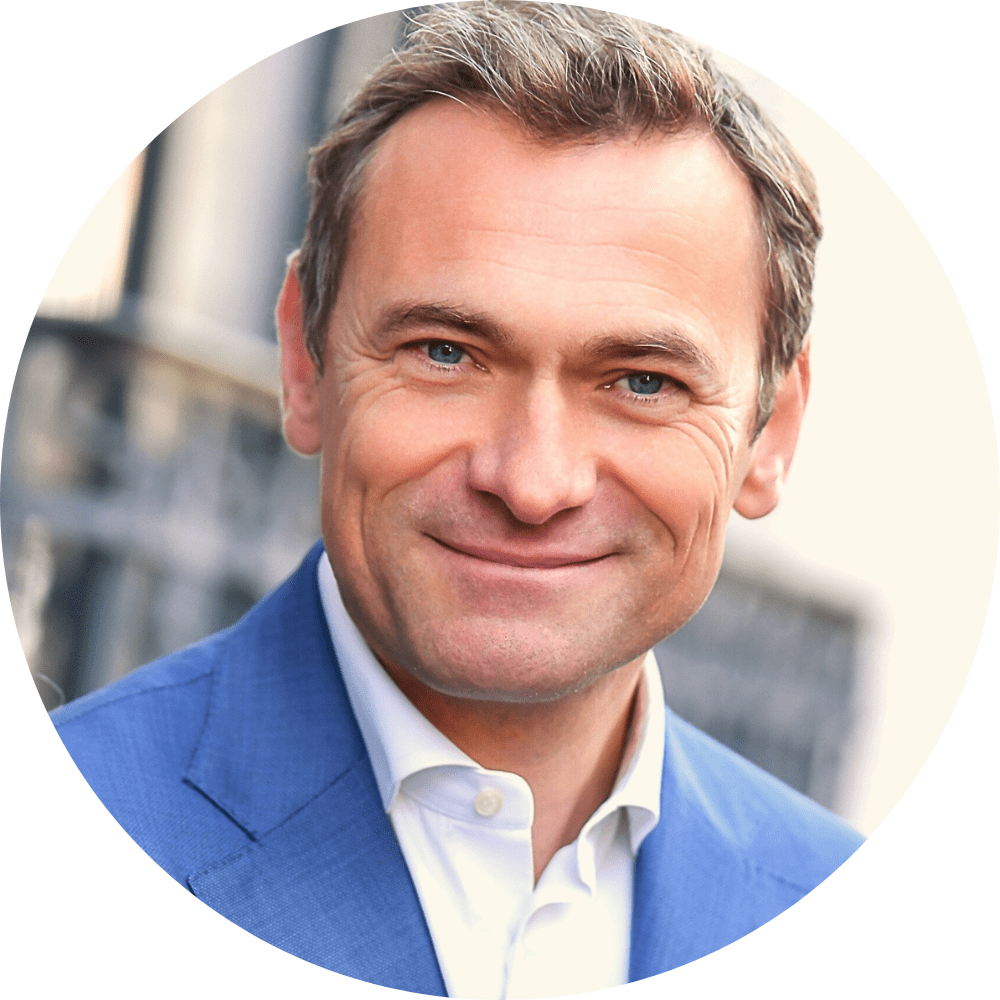Peace of Mind: The True Essence of Self-CarePeace of Mind: The True Essence of Self-Care
Stories from the Hearth
This blog was originally published by Talang Dalisay, the Philippines’ first youth-led education- and storytelling-focused mental health non-profit and a co-creator of Hearth Summit Philippines.
When was the last time you felt stressed out?
Perhaps it was when you missed your alarm for your morning lectures, felt disoriented, and ran late. It could’ve been when you were up all night cramming your written paper due at 11:59 pm, which, by the way, was given a week ahead of time. This feeling of panic has overwhelmed you;, your palms sweating, and your whole body trembling, yet you can’t help but feel a sense of familiarity from what you are experiencing. In fact, this pang of stress is something you’re already so familiar with. You don’t feel a tinge of shock at all.
When did it come to this point?
We have all grown so accustomed to these exhausting, tiresome, sentiments to the point where we can’t even tell the difference between a healthy and toxic mindset anymore. According to a report done in 2021 by researchers from VAAY, a German CBD company, Manila ranked as the third most stressful city in the world. The Filipino netizens who were interviewed mentioned how, due to the pandemic, it has become extremely easy for them to lose sight of the ever-present elements that surround and impact them on a daily basis (Chua, 2021). This goes to show how blindsided everyone is when it comes to their own thoughts and feelings, much like a mindless zombie.
So, indulge in my words for a minute. Allow yourself to sit back in any comfortable position and close your eyes. Take a deep breath and silently count to four as you inhale. Hold your breath for seven seconds, and then breathe out completely as you count to eight. Repeat these steps three to five times, and open your eyes. You may have not realised this, but the short breathing exercise you just practised is an easy but effective form of self-care! As you can see, it can be that simple, but that’s what the $450 billion self-care market doesn’t want you to realise.
To them, your vulnerability equals profit. Without this perception of having to rely on thousands of pesos worth of products and treatments, the self-care industry is worth nothing. This is why influence is the most important and crucial thing to them.
Social media has been feeding us this ideology that self-care is spending a day getting mani-pedis, having a huge makeover, going on a shopping spree, or simply anything related to scented candles. Don’t get me wrong, all of the self-help activities I mentioned are great but it’s important to note that this is not all that self-care is. If we continue to chase these “perfect” ideas of self-care but do not actually use them as a way to cope with our daily stressors to support ourselves, then what is the point?
There is no set list of instructions we need to follow in order to practice self-care, as self-care is not one size fits all; what works for someone might not work for you, and what works for you might not work for them, and that’s completely okay. Self-care isn’t simply doing what works for everyone else; it is practising restorative activities to take care of oneself for the betterment of one’s own physical, mental, and emotional welfare. You define what self-care is to you.
From playing with your pets, taking a hot shower, reading a book, and sleeping, to going for walks outside, taking free pottery classes, and working out; all of these activities are just a few of the thousands of other things you can classify as self-care. You don’t necessarily need to follow whatever self-care routines you see on Youtube or Instagram step-by-step. This is just a reminder that we are all separate individuals who have different ways of coping, so setting yourself up to strictly follow other people’s self-care routines is wrong. Self-care is not supposed to be a goal, but a mindset a person acts on for themselves.
“It is not selfish to love yourself, take care of yourself, and to make your happiness a priority. It’s necessary.” Self-care is not self-indulgence, but a form of self-preservation. It is not pushing others aside for oneself either. It is simply taking a step back and saying “me too”.
Sources:
Chua, P. (1970, January 1). Manila was just ranked the third most stressful city in the world. Esquiremag.ph. Retrieved December 18, 2021, from https://www.esquiremag.ph/culture/lifestyle/the-most-stressful-cities-index-2021-a00297-20210620
Cabico, G. K. (n.d.). Philippines among most stressed, emotional countries – Gallup report. Philstar.com. Retrieved December 18, 2021, from https://www.philstar.com/headlines/2019/04/26/1912816/philippines-among-most-stressed-emotional-countries-gallup-report/amp/

About Talang Dalisay
Talang Dalisay is a non-profit organization founded in Manila, Philippines centering on mental health for our fellow Filipinos. We are a young community of storytellers and change-makers, opening conversations on the current mental health stigmas in the country as well as aiding in the integration of persons with disabilities (PWDs) as members of our global community.
Our mission upholds the values of empathy, compassion, and empowerment. We aim to focus on action oriented projects that center on moving towards a society that validates the mental health and neurodivergence of Filipinos. We acknowledge that mental health is a systemic issue — it is an ever-changing and controversial topic especially as a BIPOC community. Thus, through our art and stories, we hope to create a higher consciousness and understanding of how to create inclusive spaces for all amidst these intersectionalities.
Our vision as an organization is to become a stepping stone for Filipinos to create spaces of inclusivity. Collectively, we hope to amplify the individual’s potential to shine purely; living in authenticity, truth, and purpose. Through our projects in elevating the mental health discourse, we hope to be one of many facets that encourage others to create more avenues for positive change, always embracing the ability in any disability.

































































